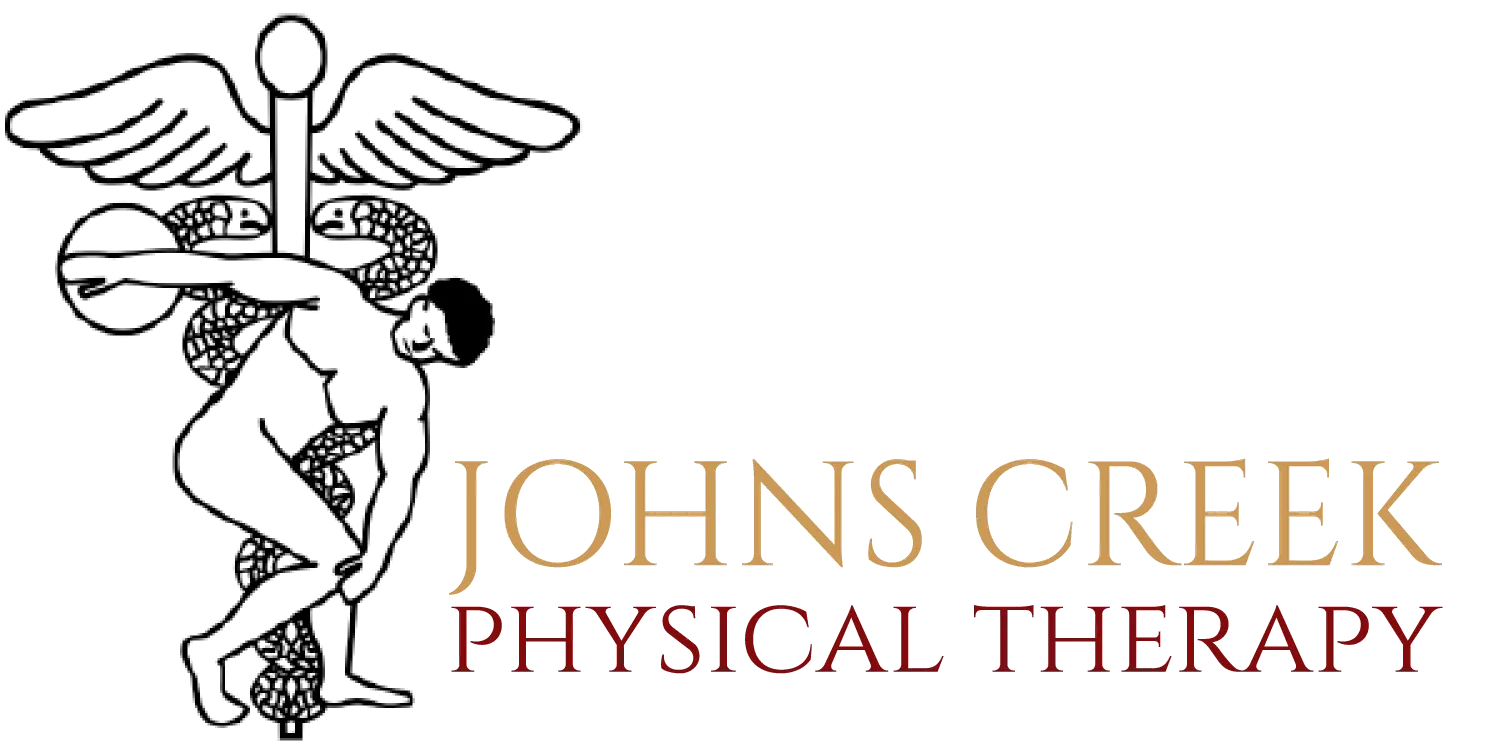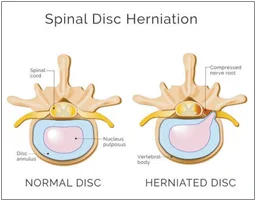If you have followed our first few articles, I have been talking about lower back pain. I’ve discussed how abnormal findings on your x-ray are actually considered normal as you get older. I’ve also talked about how something as simple as muscle tightness and pelvic asymmetry can cause back pain. This week I am going to talk about bulging and herniated discs. Did you know that disc bulges and herniations can heal themselves?
One of the most common causes of lower back pain is a bulging or herniated disc. The most common age for a disc bulge is between the ages of 30 and 50 years old. But, as was mentioned before in my first article from January, a large percentage of the population will have “abnormal findings” on their x-rays and MRI’s. So much so, that these findings are considered “normal.” In fact, 70% of people in their 70’s will have a disc bulge on their MRI. Most of these people won’t have any pain associated with their disc bulge. But what if you DO have pain caused by a bulging disc?
Most medical professionals know that when a disc bulges, there is an inflammatory response that happens around the disc. In many cases, it is this inflammation that is actually causing most of the pain and not the bulging disc itself. This is why the first course of treatment most doctors go to is a round of anti-inflammatories. A referral to Physical Therapy is also indicated so you can learn which movements can influence the pressures on the spine. The right stretches and exercises can help reduce the bulge and improve your symptoms, thus, also reducing your pain. In many cases, the visit to PT alone can reduce the pain enough that you don’t have to take medications.
As for medications, whether it is something over the counter, a prescription NSAID, or a steroid dose pack, the goal is to treat the inflammation. If Physical Therapy and the first round of medications don’t resolve the symptoms, the next course of treatment is often a steroid injection. Again, the goal is to fight the inflammation as that is what contributes to pain. If you can get the inflammation under control, the pain will go away, regardless of the status of the bulging disc.
I bring this up because many times patients will come into our office and almost demand that their “bulging disc” be corrected. Well, the truth is that you can live with a bul’ging disc, you just can’t live with the associated pain. If you think about it, you went to the doctor not knowing you had a bulging disc, you just knew you had low back pain. If the back pain goes away, who cares if you have a bulging disc? I know that seems over simplified but oftentimes, that’s all there is to it.
So now that we’ve addressed the short term, let’s look at the long term. I mentioned in the title of this article that a bulging or herniated disc can actually heal itself. Recent studies have proven this to be the case. Although it can take some time, your body can correct a disc bulge. This is discovered when MRI’s are taken at different points in time. From your doctor’s perspective, the real question is can he help you keep the pain under control so the healing can occur? Even if the disc bulge never changes, it’s not the bulge you are worried about, it’s the pain.
As I have written about in the previous three articles, there are several reasons why your back might be hurting and hanging your hat on the x-ray or MRI findings may not give you all the information you need. I mentioned muscle tightness and pelvic position
as other sources of lower back pain. These still need to be evaluated and unfortunately, none of the imaging studies mentioned will do that.
If you are having lower back pain and feel like you have “tried everything” we invite you to call our office and schedule a FREE Complimentary Consultation to see if we can help. Even if you have already tried Physical Therapy or Chiropractic treatment in the past, our approach is so different, chances are you’ve never seen anything like it. Call our office at 770-622-5344
This concludes my series about lower back pain. I will continue this “Did You Know” series in two weeks and discuss heel spurs and foot pain so please be sure to look out for that.
Johns Creek Physical Therapy 4060 Johns Creek Pkwy, Suite H Suwanee, GA 30024



